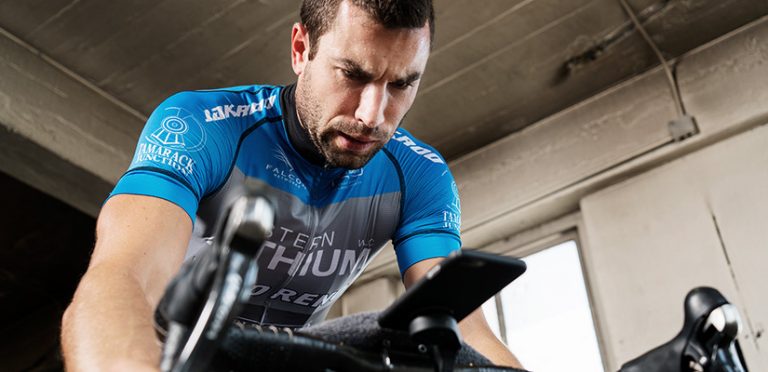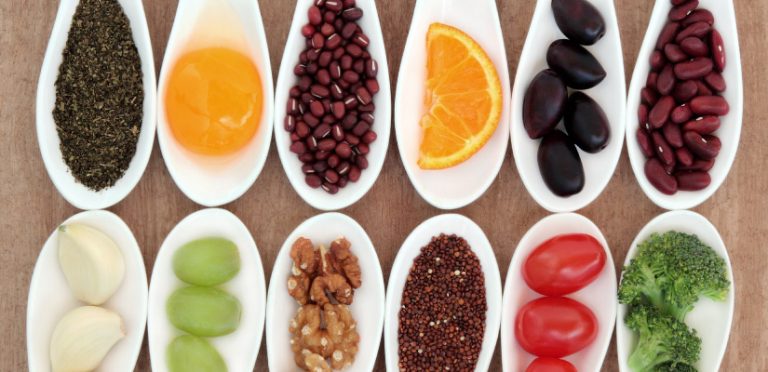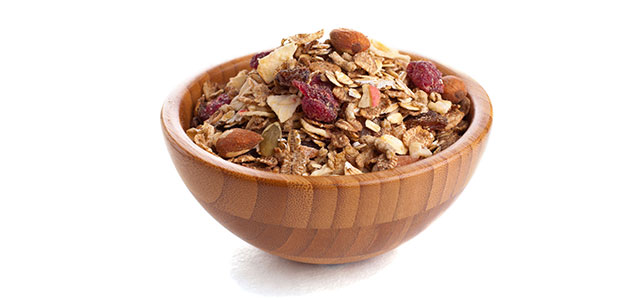Answer: The emphasis is no longer placed on growing fitness like it was during the Base and Build phases; rather, the focus of the Specialty phase is placed on event specificity. A reduced TSS allows flexibility for weekly racing opportunities during the final phase before your key event. The Importance of Dropping TSS as You…








